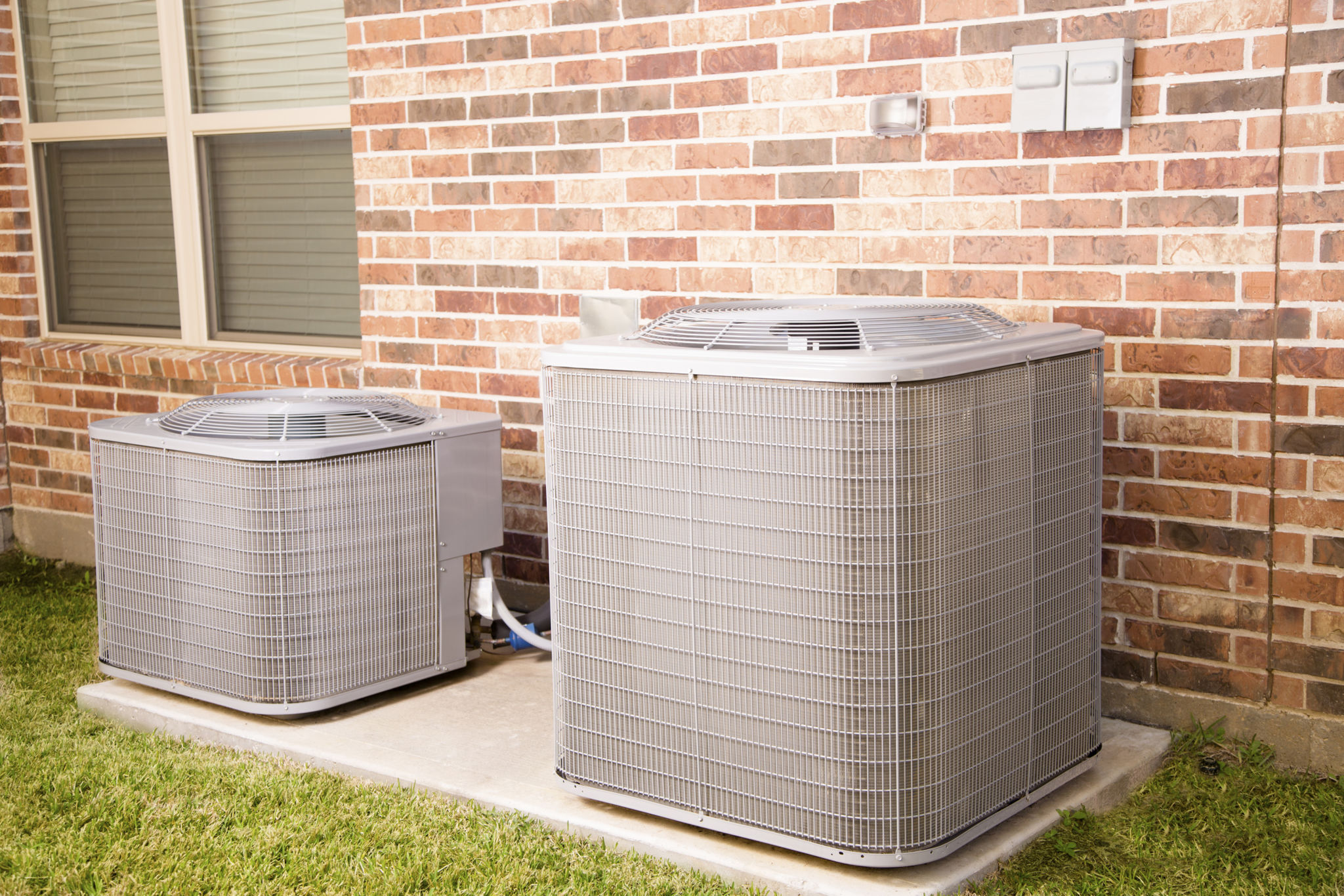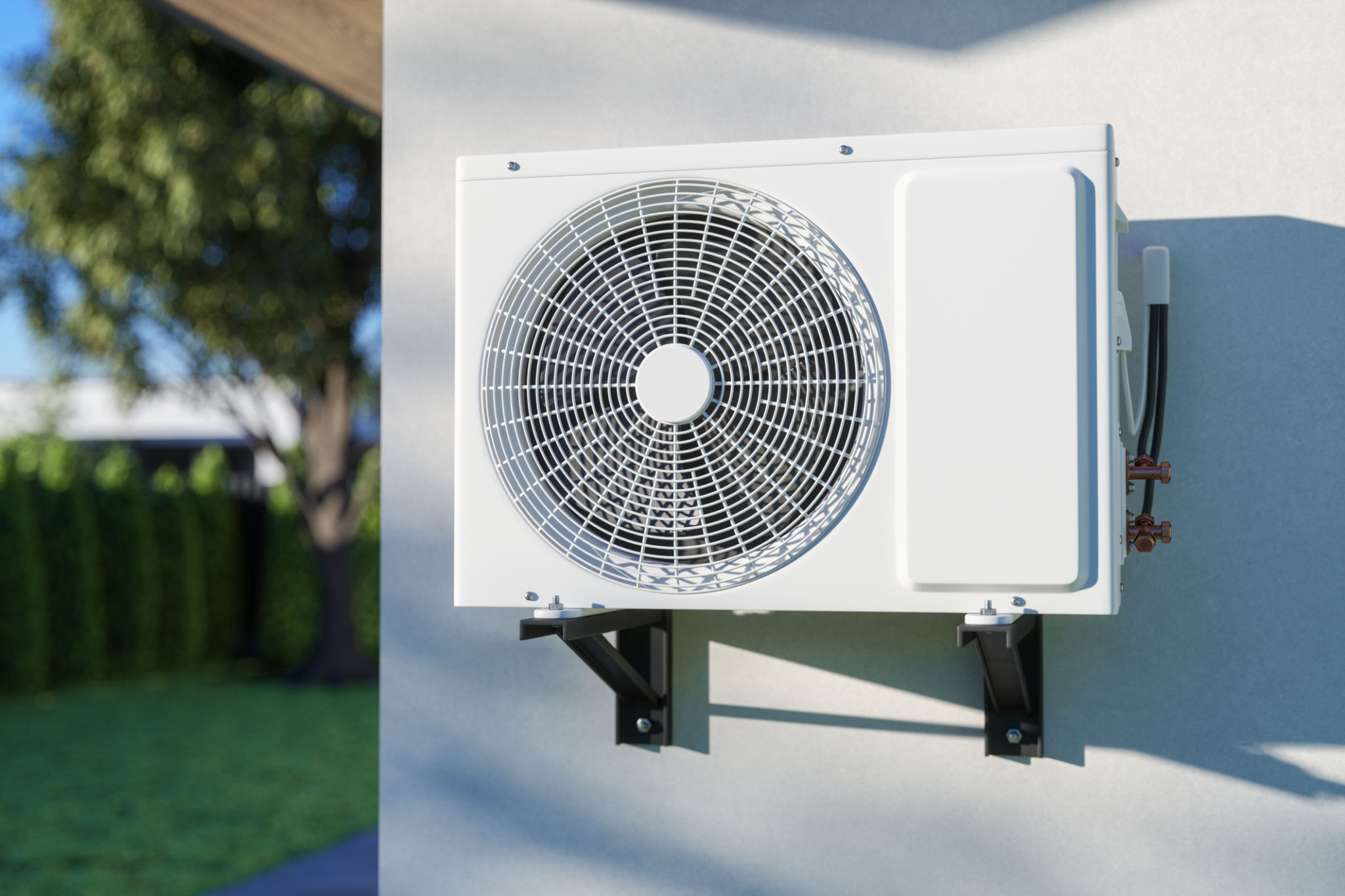Energy-Efficient Compressors: A Key to Reducing Your Carbon Footprint
Understanding Energy-Efficient Compressors
In today's world, businesses across sectors are increasingly aware of the need to reduce their carbon footprint. One significant yet often overlooked way to achieve this is by utilizing energy-efficient compressors. These compressors not only help in conserving energy but also play a crucial role in minimizing environmental impact.
Energy-efficient compressors are designed to consume less power while maintaining optimal performance. They achieve this through advanced technology that reduces energy wastage and enhances operational efficiency. By investing in these compressors, companies can significantly lower their electricity consumption, leading to substantial cost savings and reduced carbon emissions.

Benefits of Energy-Efficient Compressors
There are numerous benefits to adopting energy-efficient compressors. First and foremost, they lead to a reduction in energy costs. Since compressors account for a significant portion of industrial energy usage, optimizing their efficiency can result in considerable savings. Additionally, these compressors contribute to a cleaner environment by lowering greenhouse gas emissions.
Moreover, energy-efficient compressors often come with advanced features such as variable speed drives and improved control systems. These features allow for better regulation of air output and pressure levels, ensuring that energy is utilized only when necessary. This not only prolongs the lifespan of the equipment but also reduces maintenance costs.

Choosing the Right Compressor
Selecting the appropriate energy-efficient compressor for your needs involves considering several factors. First, evaluate the specific requirements of your operations, such as the amount of compressed air needed and the duration of usage. This will help in determining the right size and capacity of the compressor.
Additionally, it's essential to look for compressors that have a high efficiency rating. Check for certifications and energy labels that indicate superior performance standards. Opting for models with a good reputation for reliability and durability can further enhance the long-term benefits of your investment.

Implementation and Optimization
To maximize the benefits of energy-efficient compressors, proper installation and regular maintenance are key. Ensure that the compressor is set up in a location that allows for adequate ventilation and cooling. This helps in maintaining optimal operating temperatures, which is crucial for efficiency.
Regular maintenance checks should include monitoring the system for leaks, cleaning air filters, and ensuring that all components are functioning correctly. Implementing these practices will not only enhance performance but also extend the lifespan of your compressor.
The Impact on Carbon Footprint
By integrating energy-efficient compressors into your operations, you are making a significant contribution towards reducing your carbon footprint. These compressors lower the overall energy consumption, thereby decreasing the reliance on fossil fuels. The result is a tangible reduction in carbon dioxide emissions, aligning your business with global sustainability goals.
Furthermore, many governments offer incentives and rebates for companies that adopt energy-efficient technologies. Taking advantage of these programs can make the transition more affordable while enhancing your company's reputation as an environmentally responsible entity.

Conclusion: The Path Forward
Incorporating energy-efficient compressors is a strategic move for any business aiming to reduce its environmental impact while improving operational efficiency. By selecting the right equipment and maintaining it properly, companies can enjoy considerable cost savings and contribute to a sustainable future.
As industries continue to evolve, embracing energy-efficient technologies will not only be a competitive advantage but also a necessity. Making informed choices today can pave the way for a more sustainable tomorrow.
